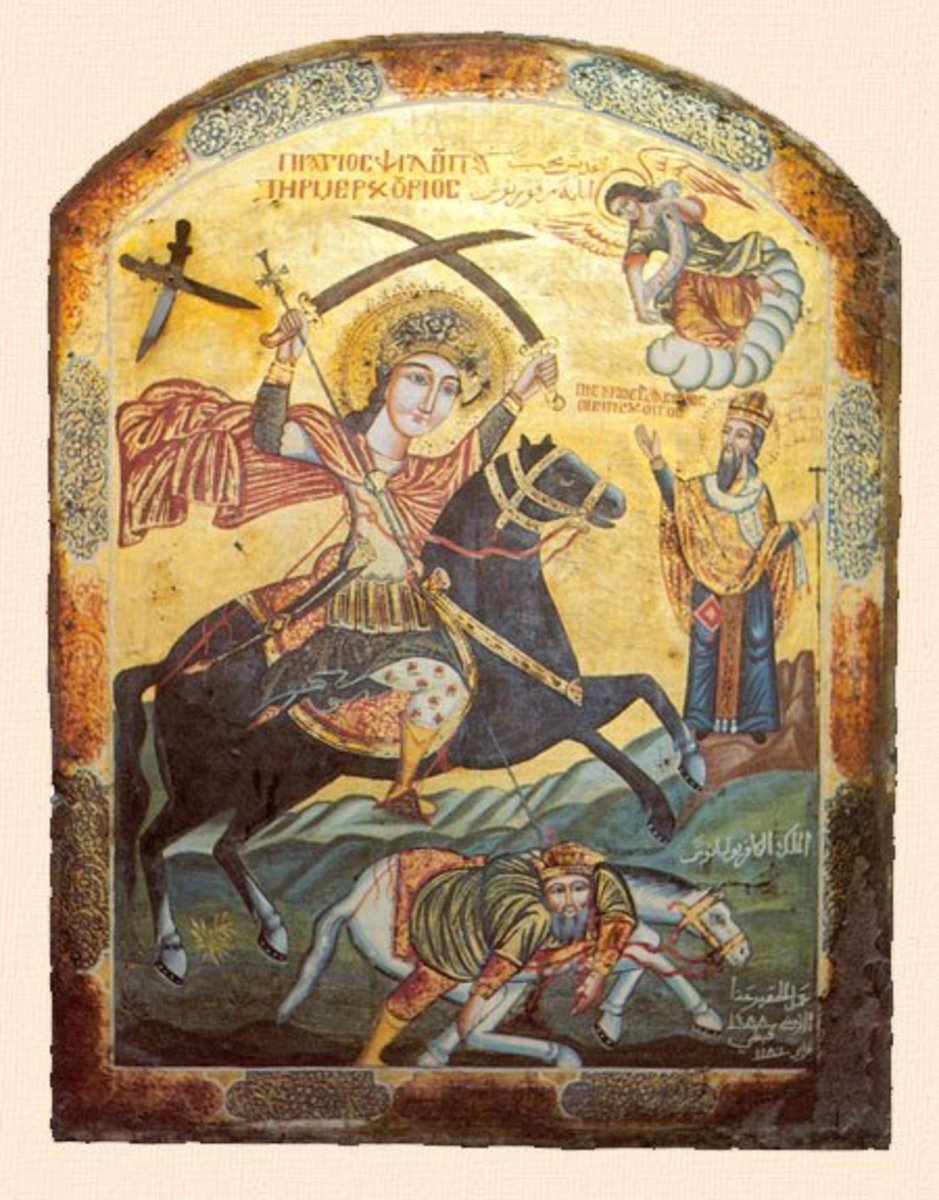A Test of Order
How the Christmas Feasts and Solemnities are Ordered
Here are some events relevant to the Christmas season, at least for Roman Catholics:
- Christmas - The Nativity/Birth of Jesus Christ
- The Maternity of the Blessed Virgin Mary
- Holy Innocents - The Massacre of the Innocents
- Epiphany - The Visitation of the Magi
If I were to ask you to arrange the four events above according to how they are celebrated by the Church during this season, the arrangement would be as follows: 1-3-2-4. We celebrate Christmas on December 25, Holy Innocents on December 28, the Solemnity of Mary, Mother of God on January 1, and the Epiphany on either January 6 or the Sunday between January 2 and 8, inclusive, depending on which country we are in.
Nevertheless, when we arrange the above events chronologically as recorded in the Bible and based on reason, we can come up with this arrangement: 2-1-4-3. The first in the line-up would be the Maternity of Mary, because when she gave birth to Jesus, she became His mother. Some would even argue that Mary became Jesus' mother even before His birth because she is already carrying the unborn Messiah in her womb. Christ's birth follows. After this, the Bible records the visitation of the Magi who were requested by Herod to return to him after seeing the child. Nevertheless, with the Magi returning to their home country by another route, Herod decided to murder children aged two years and below, which we commemorate today on Holy Innocents.
Order not Necessarily Chronological
What can we conclude from above? All, I can say is that the order with which the Christmas solemnities and feasts are celebrated by the Church is not the chronological order of the events narrated in the Bible. If there's anything correct about the chronology of these feasts, it would be that both the Holy Innocents' Day and the Epiphany happened after Christmas.
This does not mean that the Church made a mistake in ordering the events of Christmas. I would like to believe that there is a greater reason behind the way these solemnities are arranged in the liturgical calendar of the Church.
On the Maternity of the Blessed Virgin Mary (The Solemnity of Mary, Mother of God)
The first "error" in the test of chronology of events is the maternity of the Blessed Virgin. At the latest, it should have been the same time with Christmas even if many would say that it should have been before Christmas. Yet, it is celebrated a week after Christmas.
I believe that such an action by the Roman Catholic Church is for us to be able to concentrate on our sinfulness and to better prepare ourselves for the birthday Celebrant on Christmas Day. I believe that the celebration of Mary's maternity is done after Christmas, not before, so that we can prepare well during the Advent season for Christ's birthday and His second coming.
Furthermore, the same action probably symbolizes how Christ prefigures His mother. Unlike other mothers who definitely exists before their children do, Mary is different. She is different because even before Christ's birth, and even before Mary, Christ existed. He existed as the Word through whom the world came to be. Hence, Christ's birth, is not His beginning, for He is eternal. It is only the becoming flesh of the Word.
On the Feast of the Holy Innocents and the Epiphany
Chronologically, the visit of the Magi happened before the massacre of the innocent children; however, we celebrate the Feast of the Holy Innocents ahead of the Epiphany of the Lord. To be honest, I do not know why this is so. My guess is that the significance of the Epiphany of the Lord is probably more important than the significance of the first martyrs of Christianity.
What does this mean? Well, the visitation of the Magi symbolizes Christ's epiphany to the non-Jews, the Gentiles. The visit of these wise Gentiles symbolizes the catholic character of Christianity, a religion that is bound neither by territory nor by race, but by faith and a way of life that follows His teachings.
Perhaps it is because of this that the feast is nowadays celebrated on the first Sunday after January in most countries. This is to give the event more importance by making Masses offered for it available for more people to attend.



